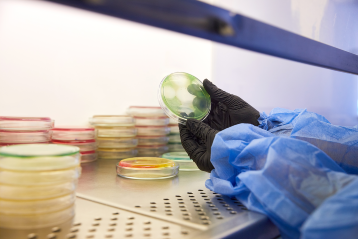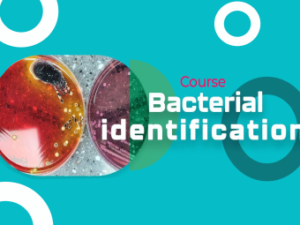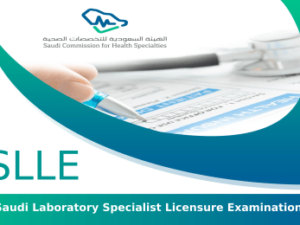Basics of Microbiology
- Description
- Curriculum
- Reviews

Course Description
The role of microbiology laboratory is very critical in identification of infectious agents as well as determination of suitable antimicrobial(s), With the expansion of the infection area and the types of infectious diseases, the role of microbiology laboratories increased and the role of microbiologists increased to a large extent, and the workers in the field aspire to reach a high degree of scientific and practical mastery of the field in order to reach the correct diagnosis and proper treatment of infectious diseases.
There are many different types of microbes, including bacteria, viruses, and fungi. There are many ways to identify these microbes, as well as ways to identify the appropriate antimicrobial for each.
In this session, through 9 education hours, we will deal with these matters in summary to open the doors of this science, and the graduate of this course will be able to start in the fields of this science with ease.
What you’ll learn
- Role of microbiology lab
- Differentiate between true pathogens and contaminants or colonizers
- To classify main pathogens affecting human
- To receive and process samples for culture and sensitivity
- Understand main bacterial stains, media, biochemical tests and other methods of identification
- To differentiate parasites and their life cycle
- How to report result and result interpretation







